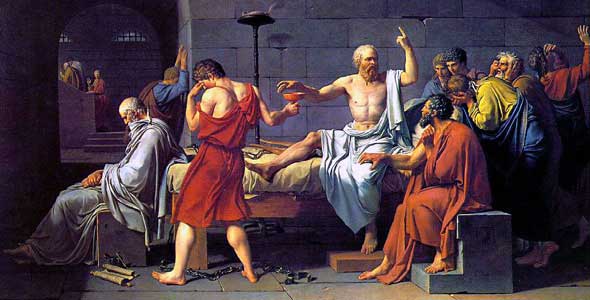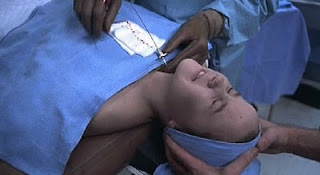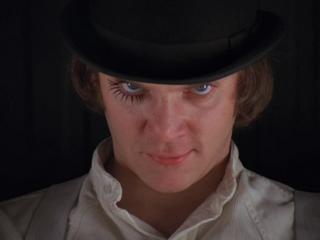 |
| Some of Cruise's best acting lies in that mask |
Often we miss what is right in front of us, can't see what is right in front of us, or just plain don't want to. The world outside is scary, we prefer to stay inside away from the strange and terrifying. Yet, that curiosity, you know, the one that killed the cat, it gets the best of us and we seek to know that which they say we shouldn't. That is not what this film is about, at least not at its heart, and it is a very heartfelt film. Like all of Kubrick's films there is an almost psychotic attention to detail, but it is shown differently in this film. This film is rough, in much the same was Chainsaw Massacre is, it does not have the perfectly manicured shots of 2001, or the slow deliberate horror that was the Shining, it has its own identity, and seeks to define that thoroughly from everything to the lead actors to the music to the colors. At the very core of its being, it's about fucking.
That's not entirely fair, nor descriptive, but sums up many of the scenes, in its rudeness and abruptness, and strips it down bare, to what is left when you film people like he did. The last scene is succinct but also incredibly long-winded, and then it ends. The film, the mystery, all of it ends in such an abrupt way the audience is left with mouths open-mouthed at the sheer audacity of it, and it could be compared to the Sopranos in terms of resolving what happens. We're left with an obscene term, with the rhetorical question, "Well you know what we have to do now. Fuck." That's it, roll end titles. The ending is not the only ploy that Kubrick plays however, only one of many in his masterful manipulation. Let's go back to the beginning, it is always best to start there.
First. Quick. Reverse text title, director, actors. Done. Nicole Kidman's naked back. Done. That is the end of the eroticism in the film, none of the nudity is portrayed as such, and given the circumstances it is often simply revealing of the characters, bared naked not simply nude. I'll compare it to the Dreamers for simplicity, since both featured nudity fairly heavily, but neither was anywhere near pornography, no matter what detractors may say, because the sex or nudity is far beyond the point, and is only used as a tool, not an end. Next the film shows Tom Cruise and Kidman going about their daily lives, dressing up for a fancy party, they engage in what is routine, the first sign that something is not quite right.
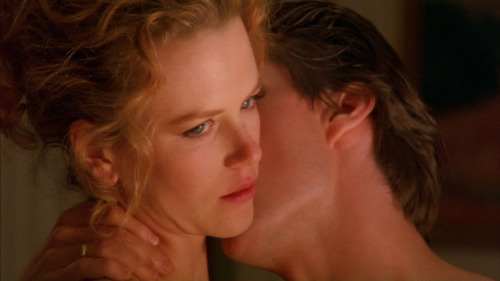 |
| I don't want to reference the title but... |
I should note the setting now, it's Christmas time. Boy do directors love using Christmas for the irony they can get out of it, and also as a comment on the culture. Other notable films set at Christmas: Brazil, Die Hard, Batman Returns. Cruise is given a number of gifts throughout the film, though I don't think any were really selflessly given, or true gifts. He however sheds money like there is no tomorrow, and at a point he thought that was possible. It's an interesting note about gifts as a whole, one which is not really looked at a lot, in that people who think they have nothing left are willing to give everything.
Back to the plot, the young couple go to a big extravagant proper party, a contrast to the depraved orgy that goes on later, and both flirt with affair, but neither really looks like they might go through with it, because no matter what their marriage is, it is stable, and something they want to keep alive. Unfortunately when drunk Kidman reveals that she imagined having an affair while they had sex, this infuriates Cruise and he leaves to wander the streets. This is where he eventually discovers the masked party the film is famous for, and realizes just how fucked up the city can be. In many ways his character reminds me of the eponymous character from American Psycho, but he never goes crazy, something I was actually looking forward to but oh well.
He is well dressed, and presents himself well, as well as dealing with some of the seedy underbelly, prostitutes and orgies, but I suppose the real difference is control. The character from American Psycho is totally in control of his life/fantasy, and lives it with this in mind, Cruise's character, really isn't. When he seeks explanation he finds only confusion, when he tries to understand he comes close to getting his family hurt. He has no control, and seeks to reconcile this throughout the entire film, and is actually unsuccessful. In the end he is simply a cog in the machine, a doctor who determines how people live and die everyday, but who has no real control over the events that happen around him, one of those ironies that live simply loves to deal out. Though they are so rarely appreciated.
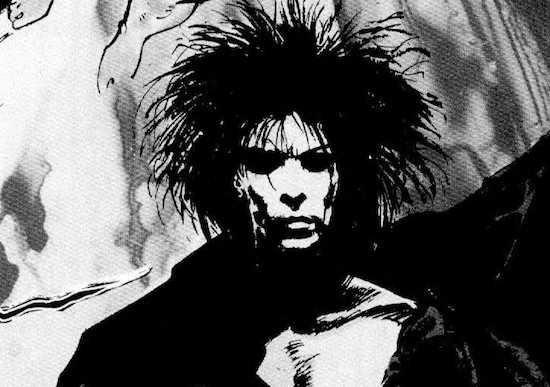 |
| Irony thy name is Dream |
I suppose the film is a romance, if one wants to go strictly by genres, but the female lead has some important scenes for the first half hour, then maybe the last 15 minutes, leaving her absent for about 2/3 of the film, and the romance is pretty crappy if that is what you're looking for, a sappy love story. It also fails if you're looking for sophomoric porn, but I doubt many people go into a Kubrick film looking for that. It's a noir film where nothing is revealed, and the mystery may not even be real. Wikipedia goes with drama, the archetypical genre, though going by archaic definitions we could call it a comedy, based off the sort of happy ending. Hell out of all the films I've seen recently it has the happiest ending, one where no one important died, just a lone druggy that no one cared about but who was the only character who cared about the protagonist. Now I'm sad.
The film looks at all the evils in society, and it scoffs. It looks at the elites with their strange doings and politely asks not to question, because there is no question worth asking. It looks at the nature of economy and the way humans contribute to it, and says do whatever, because the world will not change by your will. It takes a definite stance on society, one neither inherently pessimistic nor optimistic, it simply is. The film is about life, which simply is, it begins and ends when it does, and there is no point questioning it when it does. That's not to say that questioning shouldn't be done, it just rarely helps to ask the world why, because any answer you get will be wholly unsatisfactory, and likely from a crazy person walking past. The world is full of crazies who demand things from the air, or the sky, but doesn't that make the crazies normal?
Anyway like all of Kubrick's it is masterfully directed with a unique tone and message, and a unique way of showing it off, showing all the ruins of society at odds with the posh parties and elements of the elite which stay with that 1%. I suppose it might be more relevant now with the occupy movement, and it has been looked upon in a more positive light lately, as it should be. Fucking brilliant is the final conclusion, with the added note that for some strange reason the mask the Cruise wears terrifies me more than anything from the Exorcist. Just look into its soulless eyes and say you are not staring into the depths of Satan's Soul.








